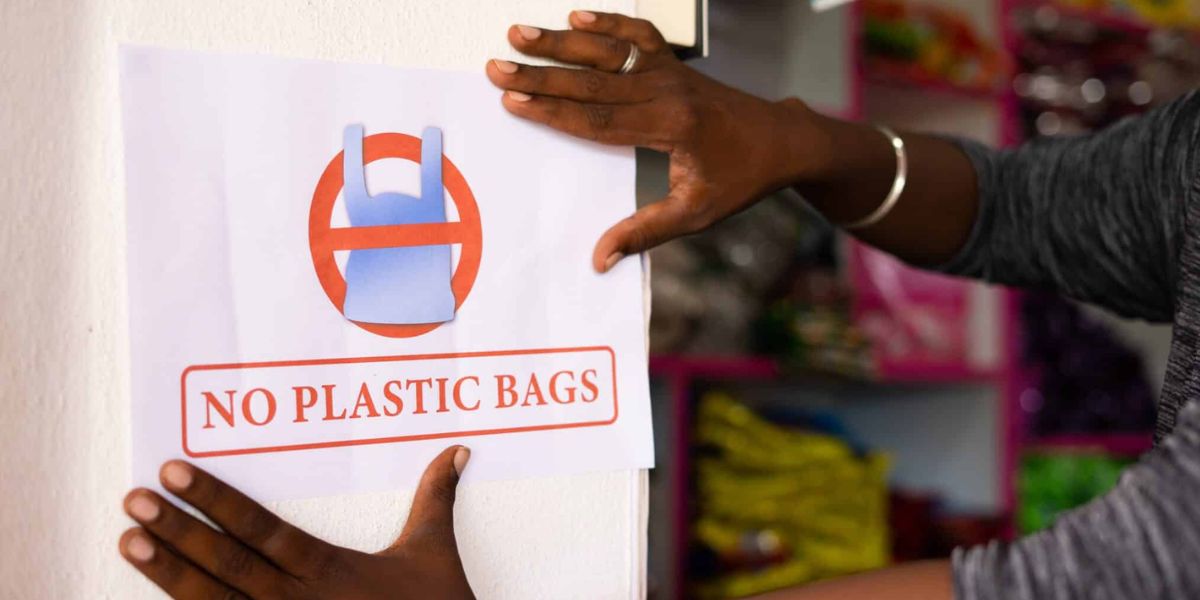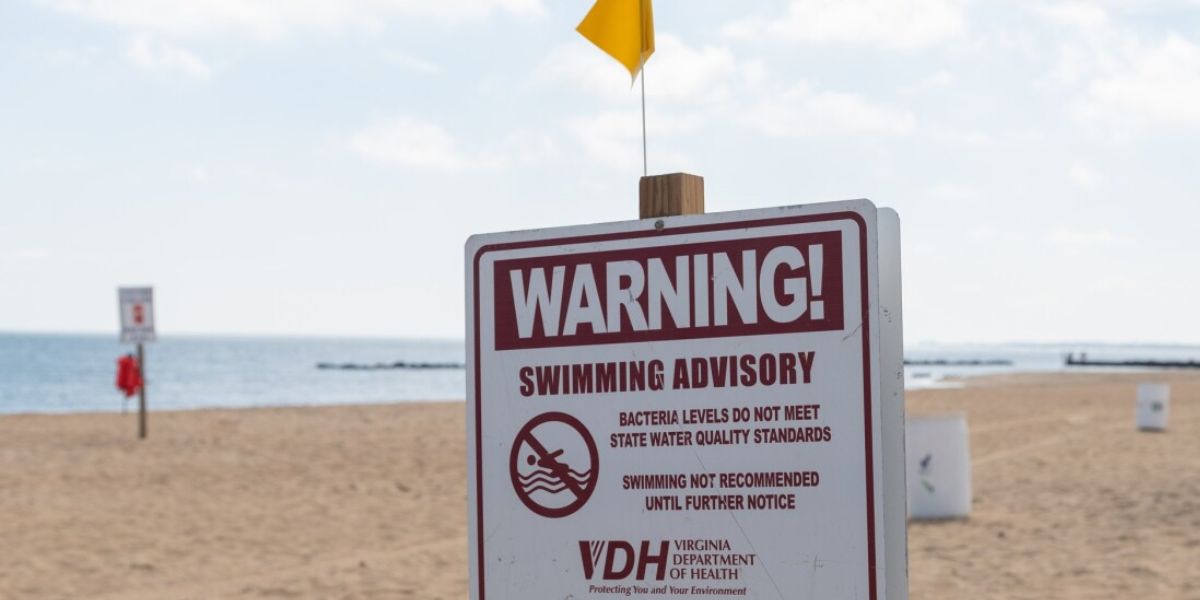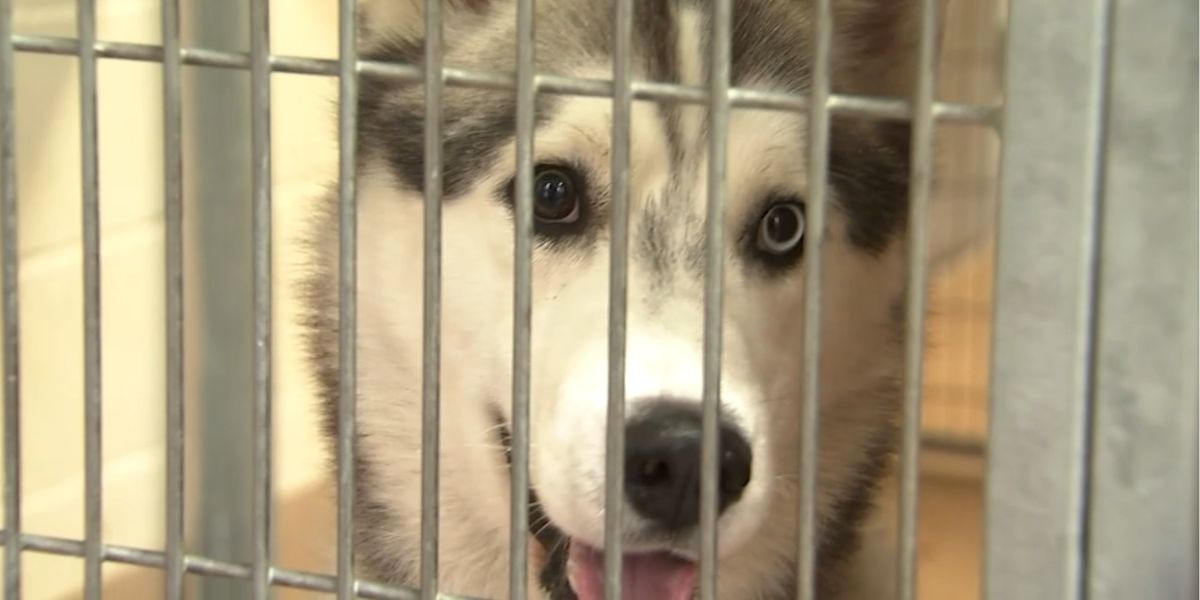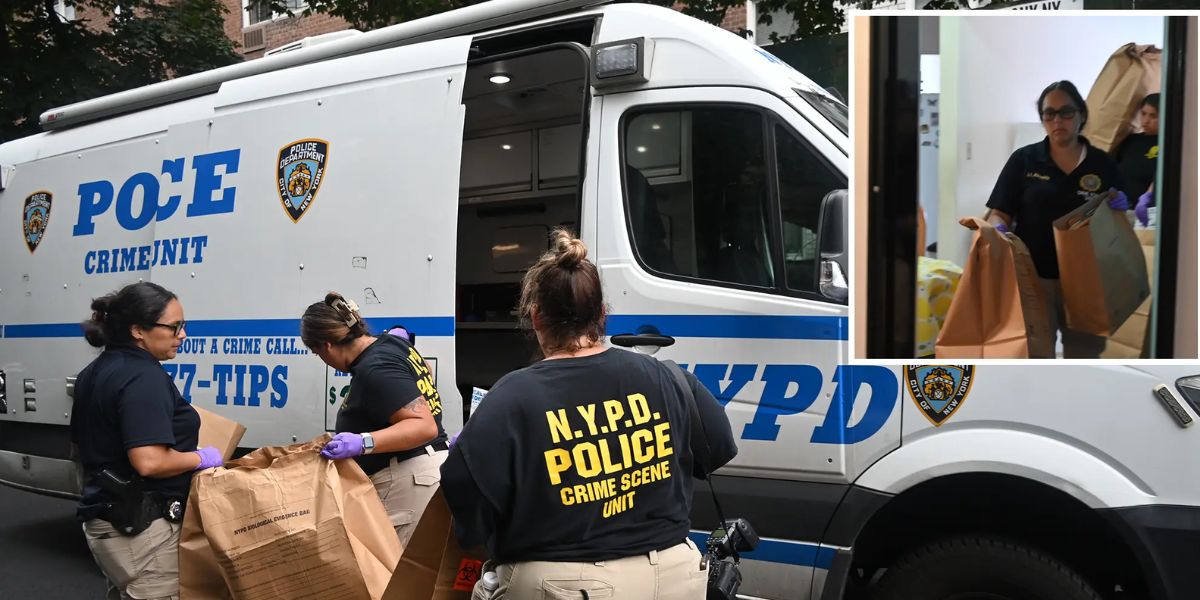It’s been more than a decade since California implemented its soft ban on single-use plastic bags at grocery stores and other businesses.
Now, as part of a push to eliminate waste, California is ramping up its efforts by phasing out thicker, potentially reusable plastic bags. But how effective are these plastic bag bans, and do the accompanying fees on reusable bags actually make a difference in waste reduction?
That’s the question that researchers from Columbia University and the University of Delaware aimed to answer in a recent study published in the Science Journal.
Measuring Effectiveness Through Cleanup Data
The study, conducted between 2017 and 2023, utilized data from over 45,000 coastal cleanups to evaluate how successful plastic bag policies have been at reducing plastic waste.
The researchers controlled for various factors, such as plastic bag trends in areas without policies, and compared data from regions with and without bag bans.
What they found was promising: plastic bags were consistently less prevalent in areas with bag policies. In fact, the study found that plastic bag policies led to a 25 to 47% reduction in plastic bags in the cleanup efforts compared to areas without policies.
And the bans were especially effective in regions where plastic bag litter was already a significant issue.
The Long-Term Impact of Plastic Bag Bans
Not only were the reductions notable, but the impact grew over time. The study revealed that as the bans matured, they became even more effective. Plastic bag waste continued to decline with each year that the policies were in place, showing the long-term benefits of bag bans and the accompanying fees.
There was also no rebound effect, meaning that after the initial reduction in plastic waste, the amount of litter didn’t return to pre-ban levels.
Additionally, the researchers did not find any “spillover effects” – that is, negative impacts in areas unrelated to the bans – further supporting the efficacy of the policies.
Read Also: California Faces 10-Day Deadline to Comply With Trans Athlete Ban or Risk Federal Funds
A Global Problem with Local Solutions
The study’s findings weren’t limited to just coastal areas like California. The bag policies were also effective along rivers and potentially had an even greater impact in lakes, where plastic waste is particularly harmful to wildlife.
One of the more promising results was the 30-37% reduction in animal entanglements from plastic bags in regions with plastic bag policies, although the researchers noted that they could not definitively prove that this was directly related to the policies.
Despite these promising results, the researchers noted that plastic bag bans can limit but not fully eliminate plastic bag debris.
Still, the study concluded that these policies are widely effective at reducing plastic waste, and expanding them could continue to protect both our environment and wildlife.
The California Loophole and Upcoming Changes
California was one of the first states to introduce a plastic bag ban, but there’s still room for improvement.
The state currently allows stores to sell thicker, “reusable” plastic bags for a fee of $.10, which the researchers noted has limited the overall effectiveness of the policy. In fact, it’s believed that this loophole may have even increased plastic waste in some areas.
Read Also: Arizona Governor Vetoes Two Budget Plans, Raising Shutdown Concerns
However, this will soon change. Starting in 2026, California will close this loophole, meaning that shoppers will either have to bring their reusable bags or purchase paper bags at the store. This shift is expected to increase the effectiveness of the ban and further reduce plastic waste.
What Does This Mean for the Future?
If the results from this study hold true across a wider scale, it shows that plastic bag bans – and fees for plastic bags – can be an effective tool for reducing plastic waste.
More importantly, these policies can protect wildlife from entanglement in plastic waste, which has been a significant issue for ocean and waterway animals.
Anja Brandon, the director of plastics policy at Ocean Conservancy, praised the study’s findings, calling plastic bags “a menace to wildlife” and emphasizing the need for targeted policies to address this specific type of waste.
She noted that the study’s confirmation of the effectiveness of plastic bag bans is critical for advancing environmental policies.
What Do You Think?
Are plastic bag bans the right solution for reducing plastic waste and protecting wildlife? Share your thoughts and opinions in the comments below.
If you want to learn more about how California’s environmental policies can affect the future, feel free to visit our website at RidgecrestPact.org. Stay informed and take action to make a positive change!













